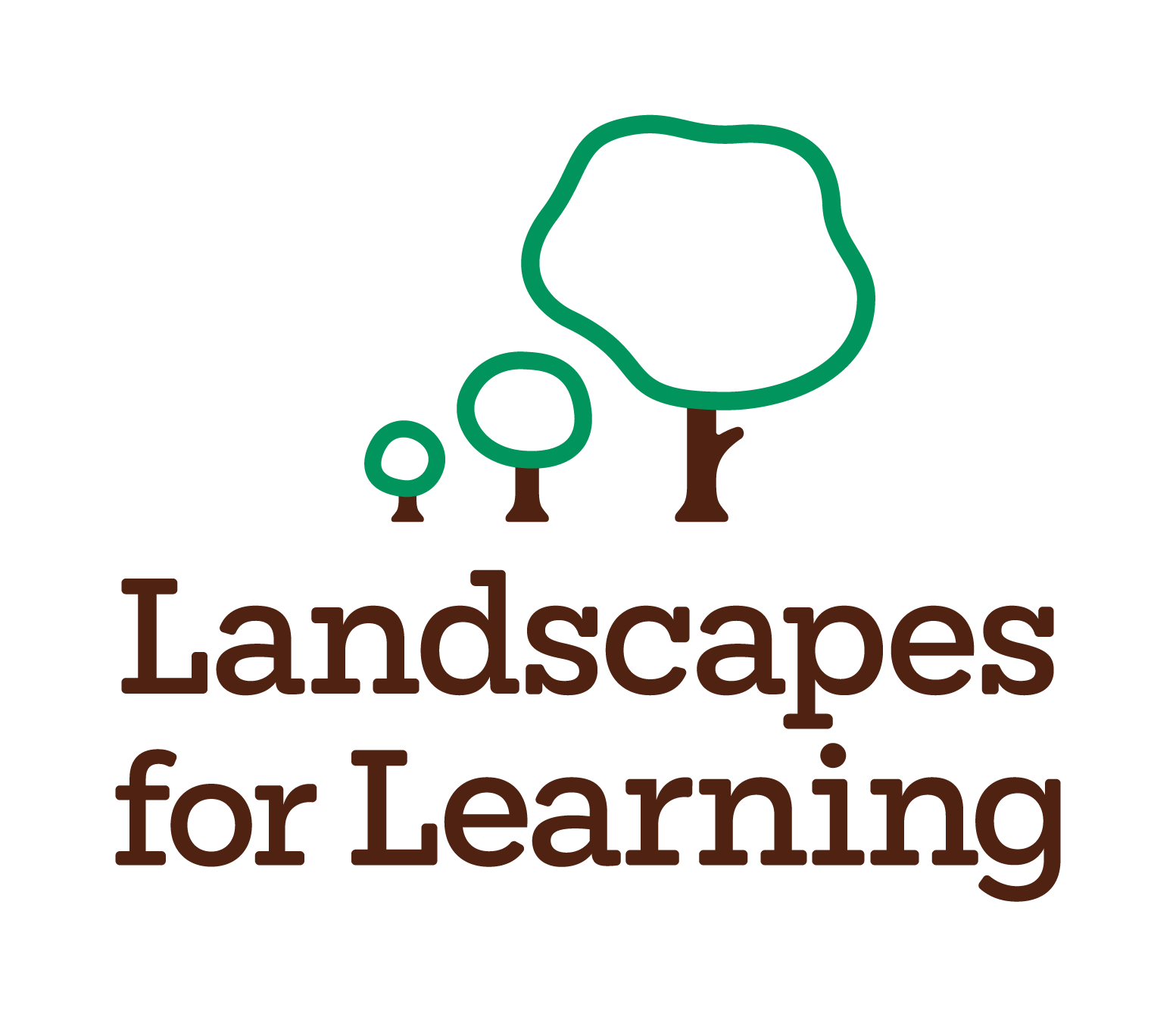How to build music into children’s play
Whether you’re a parent, a carer, a guardian, a schoolteacher or a nursery teacher, you will know that absolutely core to a child’s development is to give them exposure to as many different experiences as possible. Music is a really important skill to introduce to children from as early as birth (and even in the womb!). Here are some tips on how to get your child involved in music at every stage of their development.
Newborn to 18 months
Babies respond really well to music from the very start of their little lives. You can help them develop their senses by introducing basic wooden instruments such as rattles, tambourines and shakers. Once they are able to hold the instruments themselves, they will love creating the different noises and experimenting with sounds. If you don’t have any instruments to hand you could sing nursery rhymes, or even just put on some music and clap along. They will love the different noises that they hear, and this is the very first introduction to music for them, so make it fun!
18 months to pre-school
Toddlers can be notoriously challenging when it comes to behaviour, and music plays a really important part in managing this. By introducing any sort of music to the child, you are distracting them from their big emotions and allowing them to concentrate on something completely different. Early-years children get a huge amount of benefit from making music with their peers, too, so consider setting up a music group with lots of instruments that they can experiment with. They won’t know it, but they’ll already be developing lots of communication skills, including listening, and it will greatly enhance their overall development.
Primary school and beyond
While funding for music has been cut across the board, every school still has a responsibility to include music within the curriculum to some extent. This could involve singing groups and choirs, orchestras, recorder/ukulele groups and even band lessons. If you don’t feel that your child is getting enough exposure to music through the curriculum, you could consider arranging for individual music lessons on an instrument such as the violin, the piano or the guitar. Most schools have peripatetic music teachers who visit schools regularly to give these individual instrumental lessons.
No matter the child’s age, if you don’t have instruments to hand, don’t let that stop you! A sealed box with some pasta inside makes a brilliant rattle, as does a plastic bottle with rice. Making your own instruments is a creative endeavour in itself, so get the children involved and see what wonderful instruments you can create!
Music is an essential skill for development, and it’s often used by child therapists to help children express big or difficult emotions. It is a fantastic way of learning a myriad of life skills, so make sure it’s a big feature in your child’s life.
